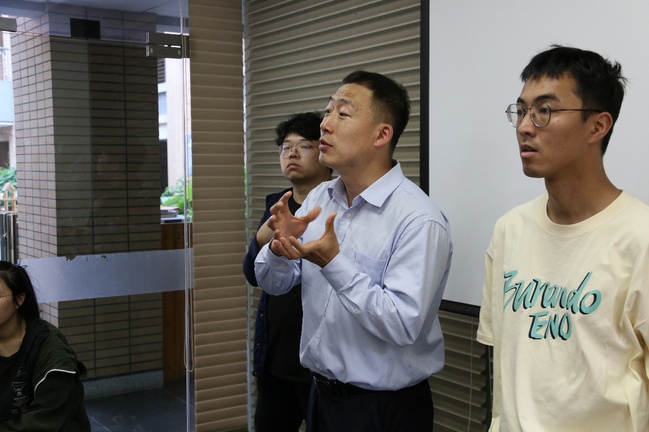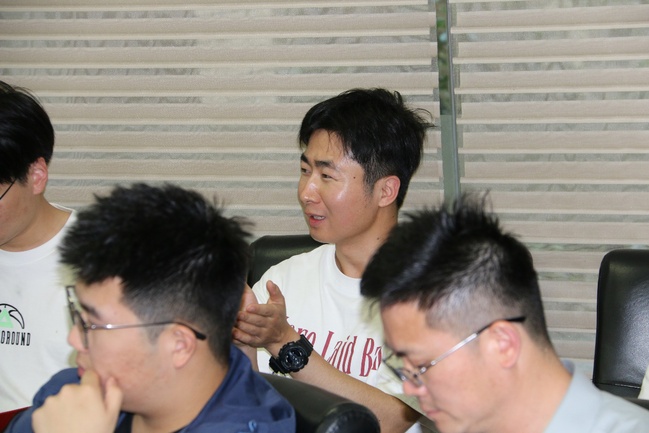On March 8, 2024, the 11th Medicine-engineering Salon and the 192nd Youth Academic Salon of CBEIS were held in the Zhouyiqing Suite of Yuquan Campus, Zhejiang University. Dr. Lou Songmei gave a lecture on the topic of Development and Future of Radiotherapy Technology to the audience. Lin Hui, Vice Dean of CBEIS, presided over the event.
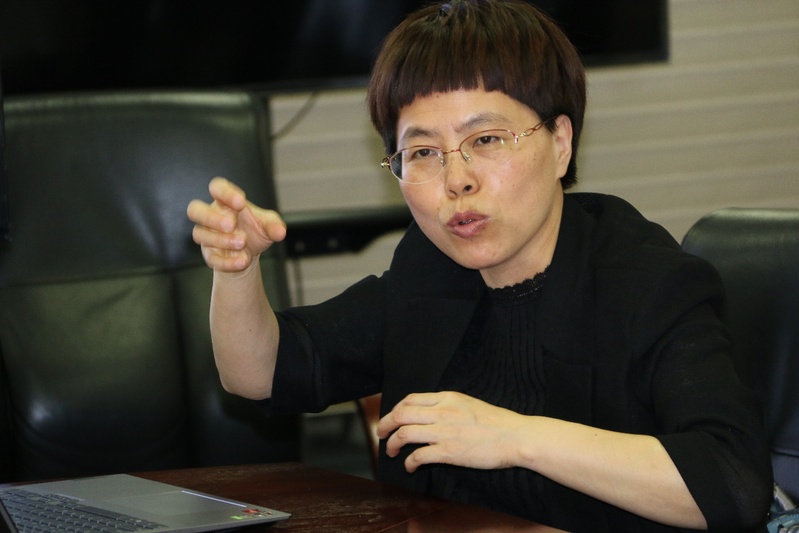
Dr. Lou is a Master Supervisor and Chief Physician of the Department of Radiotherapy, Run Run Shaw Hospital, Zhejiang University School of Medicine. She also serves as the executive deputy director of the Endoscopy Centre of SRRSH, the head of the Surgical Gastrointestinal Endoscopy Group of the Minimally Invasive Surgery Branch, the deputy head of the Surgical ERCP Group of Surgery Branch, and a member of the Ultrasonic Endoscopy Group of Gastrointestinal Endoscopy Branch at Zhejiang Medical Association.
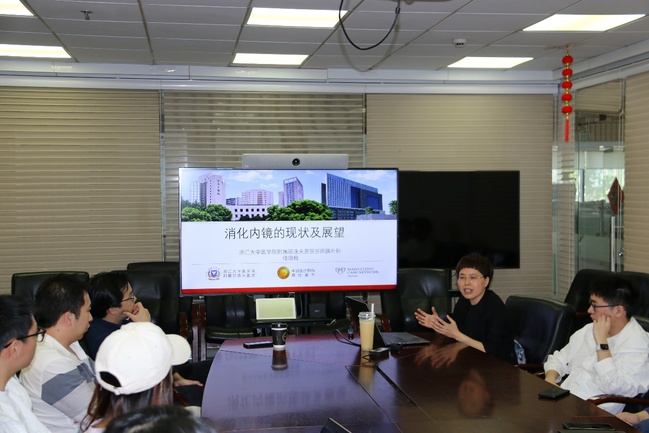
Dr. Lou started with the invention of endoscopy, introducing the structure, developments, clinical treatments, and challenges in GI endoscopy. Dr. Lou then elaborated on the clinical applications of ultrasonic endoscopy, capsule endoscopy, magnifying endoscopy, side-view duodenoscopy, balloon-assisted enteroscopy, narrow band imaging and staining techniques, while also demonstrating minimally invasive like the removal of early-stage tumors in the gastrointestinal mucosa, mucosal resection and biliopancreatic duct puncture drainage techniques. In addition, Dr. Lou pointed out several challenges in current GI endoscopy, such as insufficient resolution and magnification, missed diagnosis of early cancers, inconvenience in small intestine screening, as well as operational issues—such as multi-arm co-ordination, closure of perforation and GI fistulae, etc. Dr. Lou stated that the current technology relies too much on the doctor's clinical experience, and hoped that technological advances in endoscopy can compensate for insufficiency of human operation in the future.
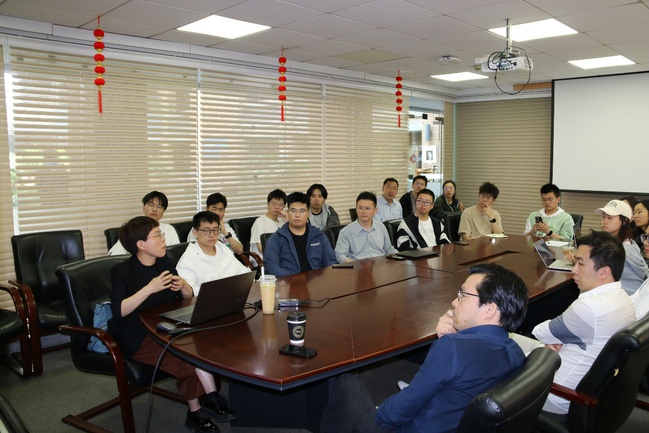
During the Q&A session, the students were highly engaged, asking insightful questions and participating in discussions regarding GI endoscopy techniques. They delved into the possibilities of utilizing air instead of water in gastrointestinal endoscopy and incorporating urological endoscopy methods into gastrointestinal endoscopy. Furthermore, they explored the potential of AI technology for detecting abnormal lesions. The session also encompassed in-depth conversations on subjects like endoscopic capsules, confocal microscopy, endoscopic ultrasonography, and high-magnification endoscopy. For those questions above, Dr. Lou shared her practical experience and pointed out the problems to be solved in clinical practice.
